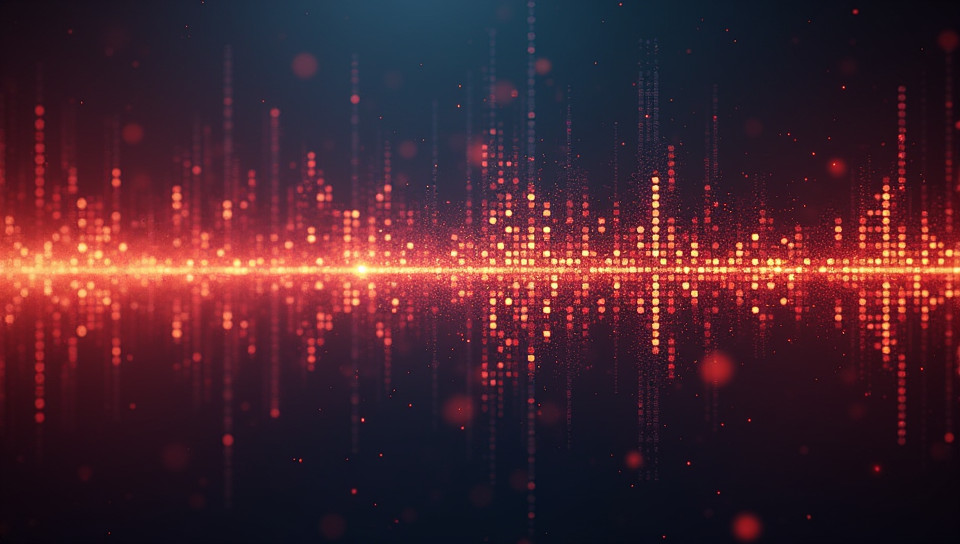Sound effects can be generated digitally 96%

The Evolution of Sound Design: How Digital Technology is Revolutionizing the Industry
In today's fast-paced world, sound effects have become an integral part of our daily lives. From the swooshing sounds of superhero movies to the eerie ambiance of horror games, sound design has come a long way in enhancing the overall experience of various forms of media. One significant development that has contributed to this evolution is the ability to generate sound effects digitally.
The Power of Digital Sound Generation
Digital technology has made it possible to create and manipulate sound effects with unprecedented precision and control. Gone are the days of relying on physical instruments or recordings to get the desired sound. With digital tools, sound designers can experiment with a vast array of frequencies, amplitudes, and timbres to craft unique sonic landscapes that were previously unimaginable.
The Benefits of Digital Sound Generation
Here are some key advantages of generating sound effects digitally:
- Increased flexibility and control over sound design
- Ability to create complex and intricate sounds with ease
- Reduced costs and time-consuming processes associated with physical instrumentation
- Unlimited possibilities for experimentation and innovation
- High-quality results that can be easily edited and refined
The Role of Software in Digital Sound Generation
Software has played a significant role in the evolution of digital sound generation. From digital audio workstations (DAWs) to specialized plugins, software has provided sound designers with an array of tools to create and manipulate sound effects. Some popular options include Ableton Live, Logic Pro X, and Max/MSP.
The Future of Sound Design
As technology continues to advance, we can expect even more innovative ways of generating sound effects digitally. From artificial intelligence-powered sound design tools to virtual reality experiences that immerse us in 3D audio environments, the possibilities are endless. As the industry continues to evolve, one thing is certain: digital sound generation will remain at the forefront of sound design.
Conclusion
The ability to generate sound effects digitally has revolutionized the sound design industry, offering unparalleled flexibility, control, and creativity. With software tools becoming increasingly sophisticated, we can expect even more groundbreaking developments in the field. As a result, sound designers must adapt to these changes, embracing digital technology as an essential part of their craft. By doing so, they will unlock new possibilities for creating immersive and engaging sonic experiences that captivate audiences worldwide.
- Created by: Ximena Moreno
- Created at: Jan. 30, 2025, 2:29 p.m.
- ID: 19611